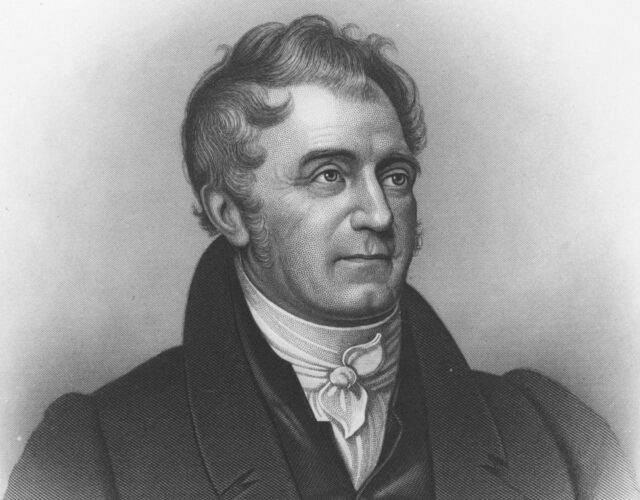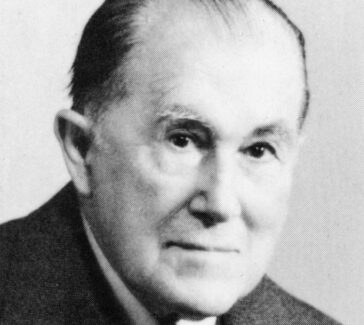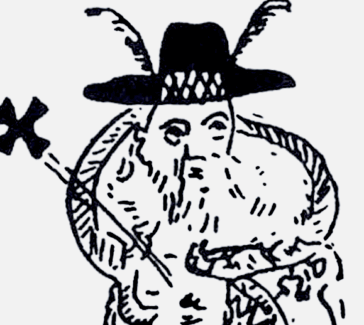Eleuthère Irénée du Pont
In 1802 E. I. du Pont broke ground on the banks of the Brandywine River and founded the DuPont Company, one of today’s leading science and engineering enterprises.

Eleuthère Irénée du Pont (1771–1834) was the son of Pierre Samuel du Pont, a French economist, government official, and publicist. When the du Pont family fled to the United States in 1799, Eleuthère Irénée found opportunity in America’s gunpowder industry.
Apprentice to Lavoisier
Pierre Du Pont was among those attempting moderate reforms to inequitable and inefficient institutions in the last years of the Old Regime and the early days of the French Revolution. He became friends with Antoine-Laurent Lavoisier because of their similar political agendas, and together they reorganized the Royal Gunpowder and Saltpeter Administration. Lavoisier, one of the agency’s four directors, soon hired Pierre’s younger son, Eleuthère Irénée, to work in the Essonne gunpowder factory, where he learned how to manufacture gunpowder.
Political Exile
During the French Revolution the du Ponts found themselves under attack, not least because they had personally protected the king and queen from a mob besieging the Tuileries Palace in Paris in 1792. Only changes in administration saved Pierre from the guillotine. In 1799 the entire family left for the United States, where they hoped to found a model community of French exiles—which never came to pass.
American Gunpowder
Eleuthère Irénée soon recognized a business opportunity in the poor quality of the gunpowder generally available in the United States, and in 1802 he set up a powder works on the banks of the Brandywine River near Wilmington, Delaware.
Start-up was difficult, and despite significant growth during the War of 1812, for the 32 years of his leadership he carried substantial debt, including loans to pension the widows and orphans of 40 workers killed in a terrible explosion at the powder works in 1818. He nonetheless created a major American business enterprise, one that employed 140 men by 1827 and was producing over a million pounds of gunpowder per year by 1834, the year of his death. Du Pont’s sons, Alfred and Henry, carried on E. I. du Pont de Nemours and Company after his death.



